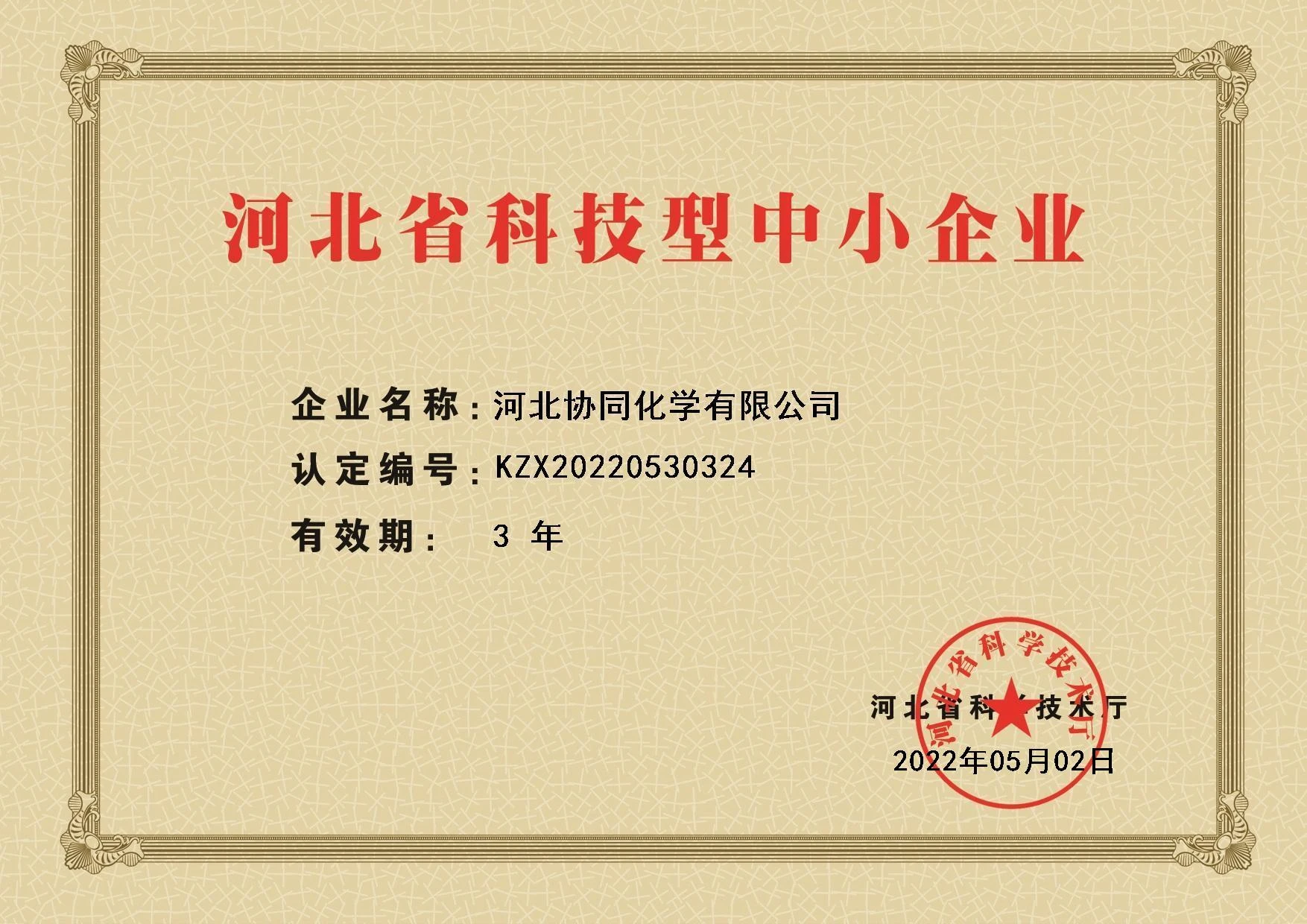
News
Sep . 07, 2024 22:24 Back to list
Water Soluble Iron Fertilizer Supplier | Premium Iron Nutrients for Healthy Plants
The Importance of Water-Soluble Iron Fertilizers for Agriculture
The Importance of Water-Soluble Iron Fertilizers for Agriculture
One of the primary advantages of water-soluble iron fertilizers is their high bioavailability. Unlike traditional iron fertilizers, which may be less effective due to soil pH or other factors affecting nutrient uptake, water-soluble options dissolve readily in water. This feature allows for quick and efficient absorption by the plant roots or foliage, ensuring that iron reaches the parts of the plant that need it most. As a result, crops can recover from deficiency symptoms rapidly, leading to improved overall health and productivity.
water soluble iron fertilizer supplier

There are several types of water-soluble iron fertilizers available on the market, including chelated forms such as Iron EDTA (Ethylenediaminetetraacetic acid), Iron DTPA (Diethylenetriaminepentaacetic acid), and Iron EDDHA (Ethylenediamine-N,N'-bis(2-hydroxyphenylacetic acid)). Each of these chelates has unique properties that make them suitable for different soil conditions and plant types. For example, Iron EDDHA is particularly effective in alkaline and calcareous soils where other forms of iron may become unavailable to plants.
When selecting a water-soluble iron fertilizer supplier, it is essential to consider factors such as product quality, availability, and customer support. Reputable suppliers provide high-quality fertilizers that meet industry standards and offer a range of formulations to cater to diverse agricultural needs. Additionally, they should provide guidance on application rates and methods to help farmers maximize the benefits of their products.
In conclusion, water-soluble iron fertilizers are a valuable asset in the toolkit of modern agriculture. Their ability to resolve iron deficiencies quickly and efficiently makes them indispensable for achieving healthy crops and maximizing yields. By partnering with reliable suppliers, farmers can ensure they have access to the best products and support needed to enhance their agricultural practices. Ultimately, the use of water-soluble iron fertilizers contributes to sustainable farming and food security, securing a better future for all.
-
Polyaspartic Acid Salts in Agricultural Fertilizers: A Sustainable Solution
NewsJul.21,2025
-
OEM Chelating Agent Preservative Supplier & Manufacturer High-Quality Customized Solutions
NewsJul.08,2025
-
OEM Potassium Chelating Agent Manufacturer - Custom Potassium Oxalate & Citrate Solutions
NewsJul.08,2025
-
OEM Pentasodium DTPA Chelating Agent Supplier & Manufacturer High Purity & Cost-Effective Solutions
NewsJul.08,2025
-
High-Efficiency Chelated Trace Elements Fertilizer Bulk Supplier & Manufacturer Quotes
NewsJul.07,2025
-
High Quality K Formation for a Chelating Agent – Reliable Manufacturer & Supplier
NewsJul.07,2025
